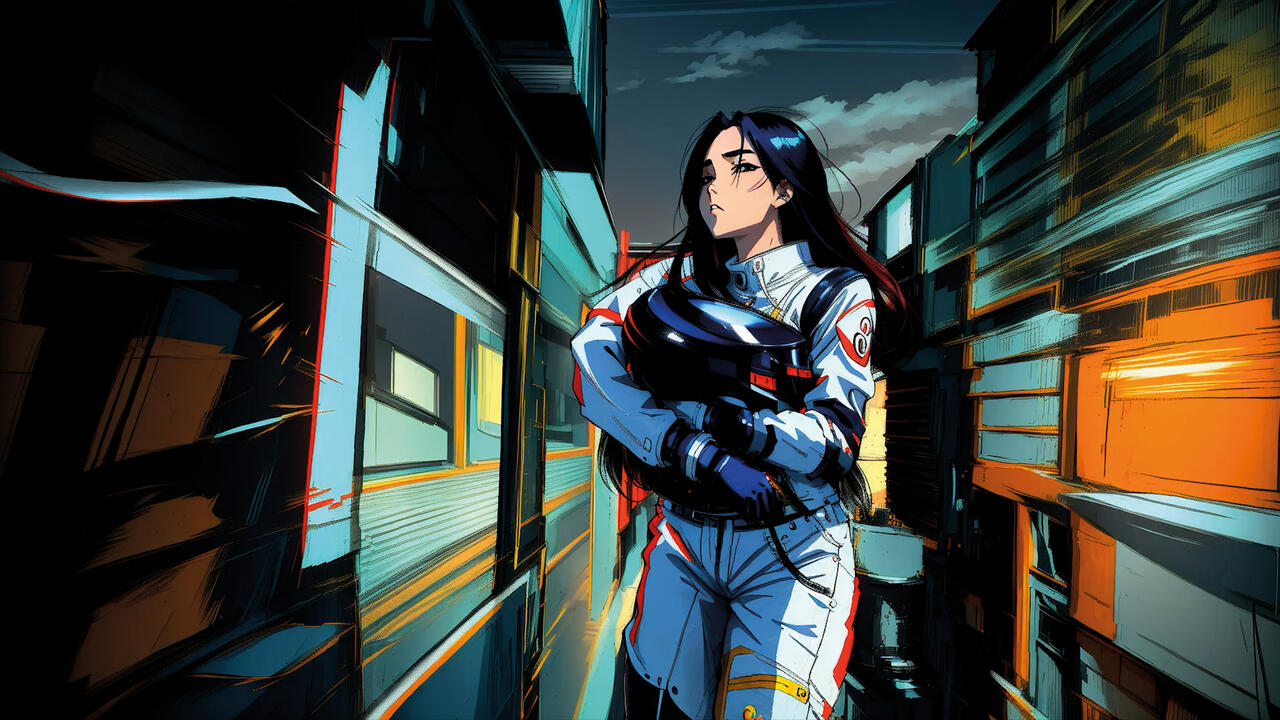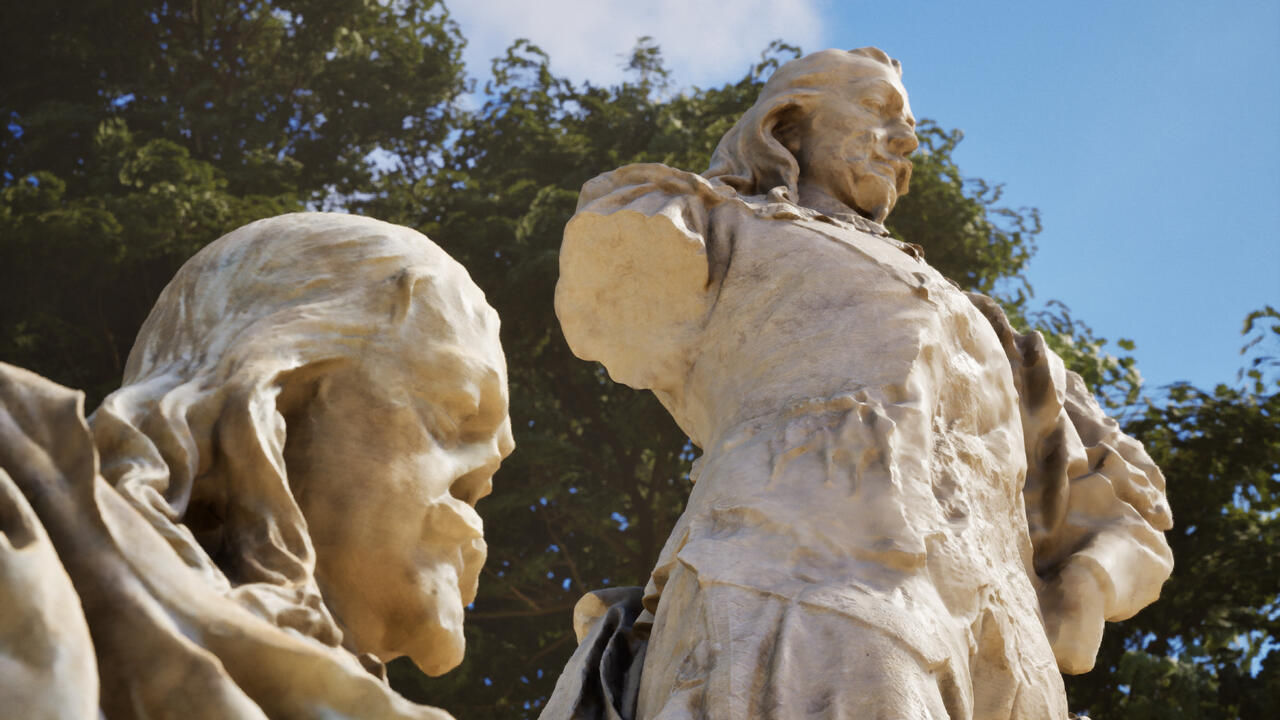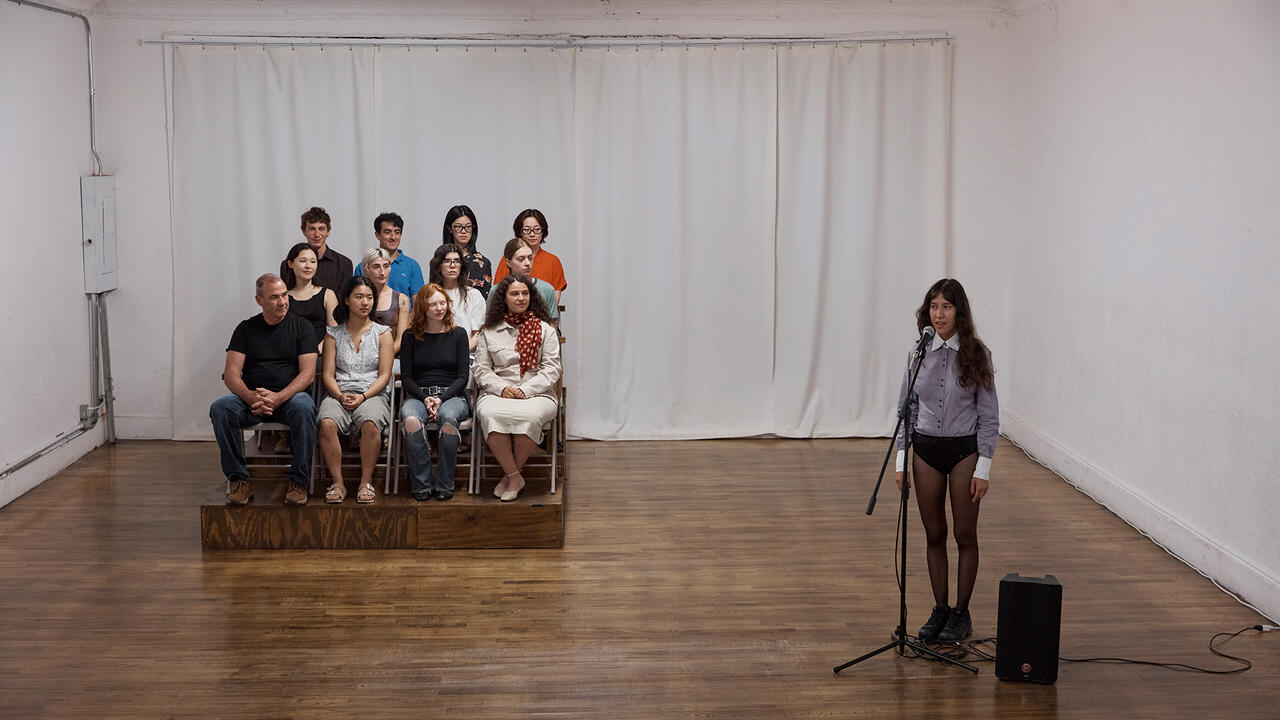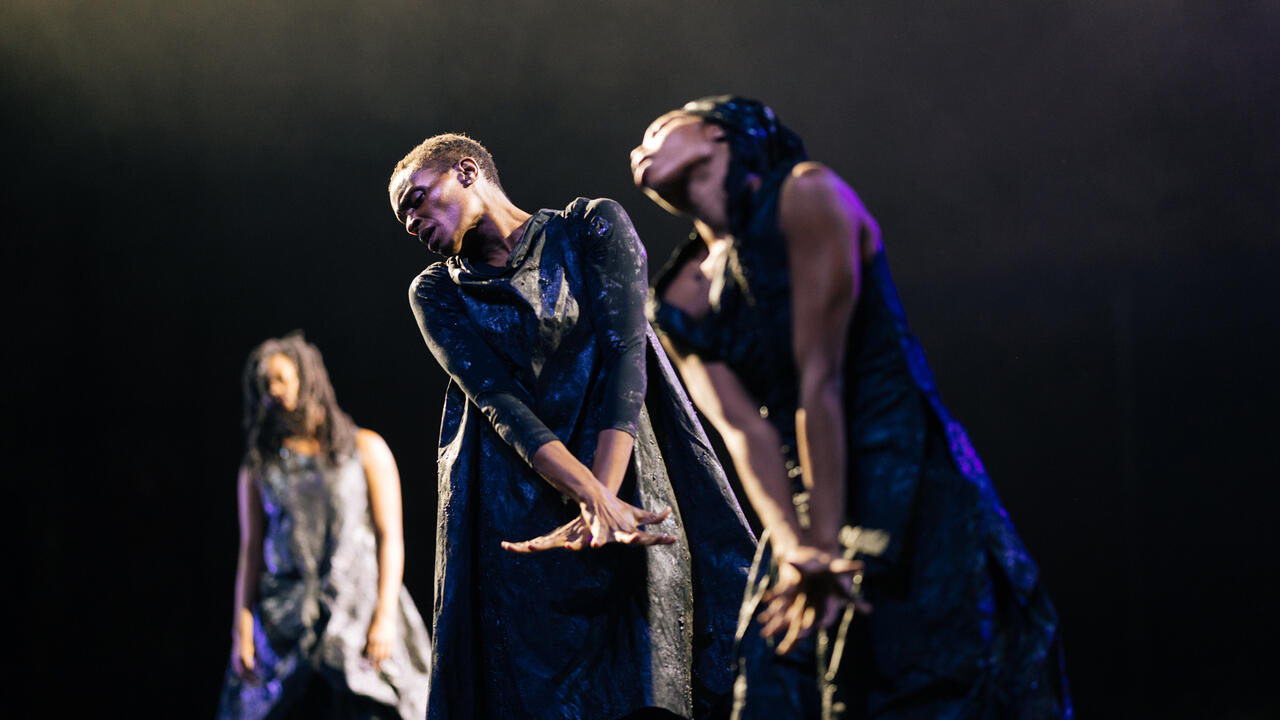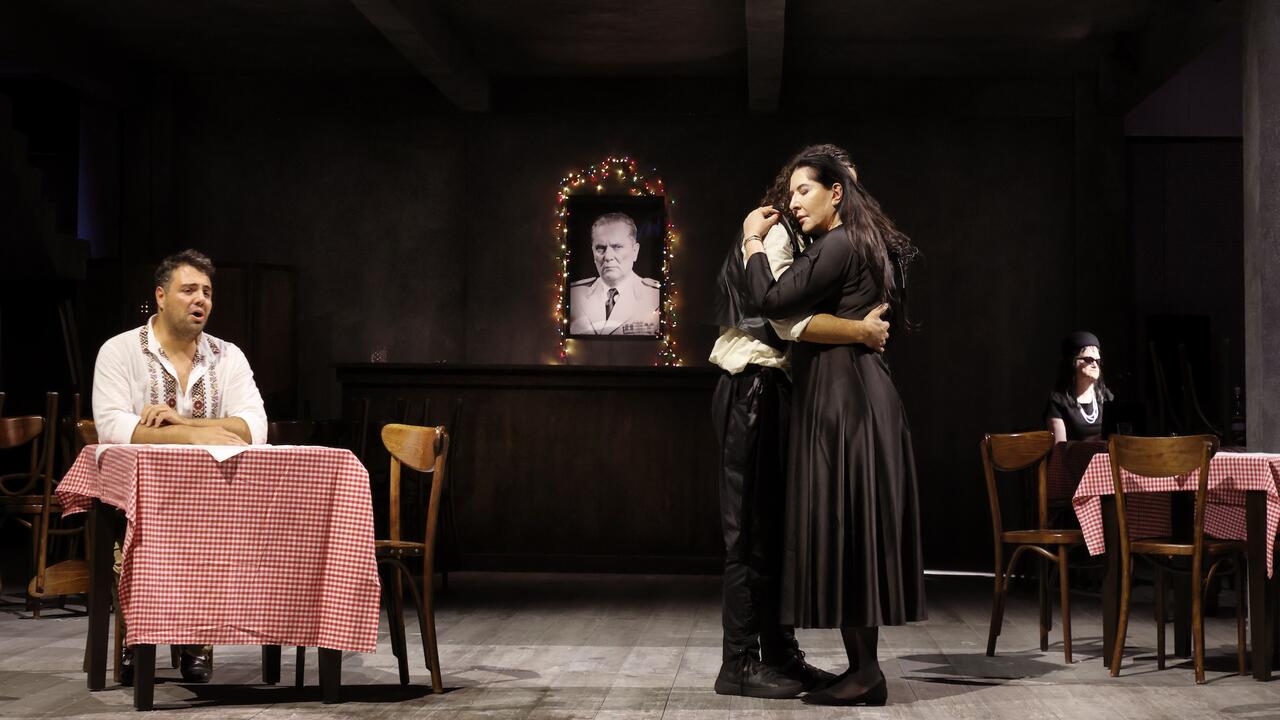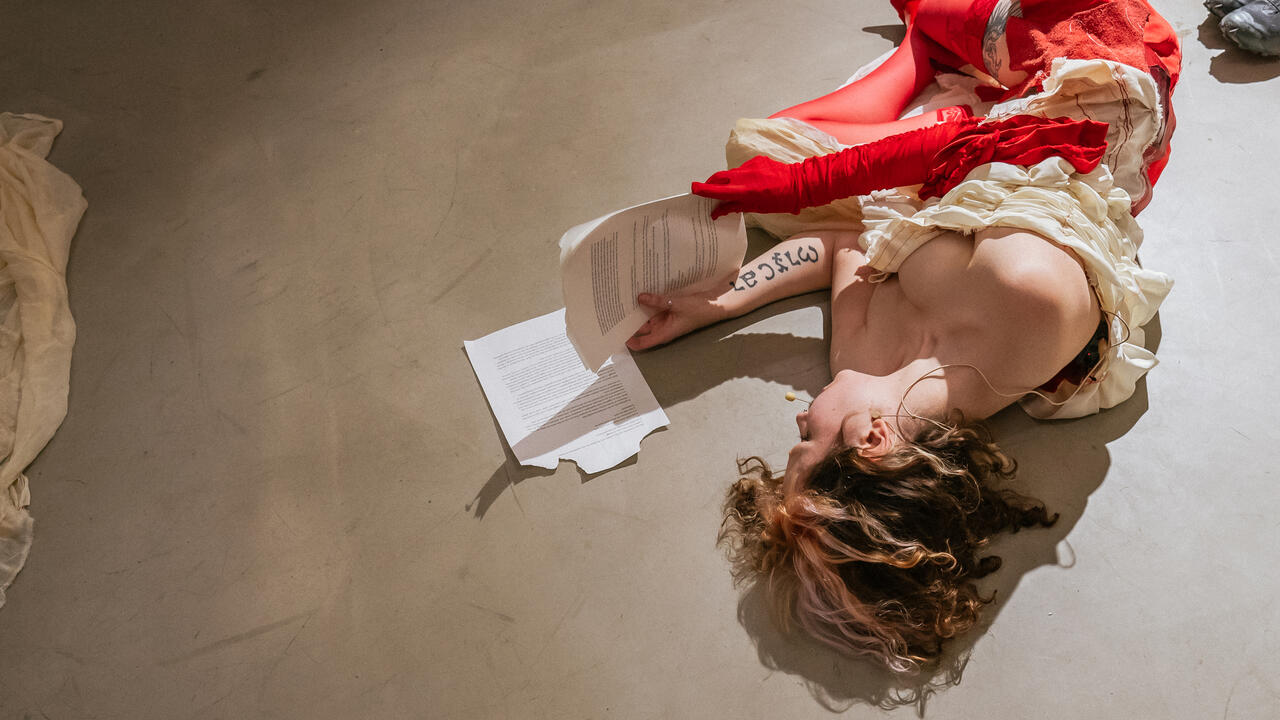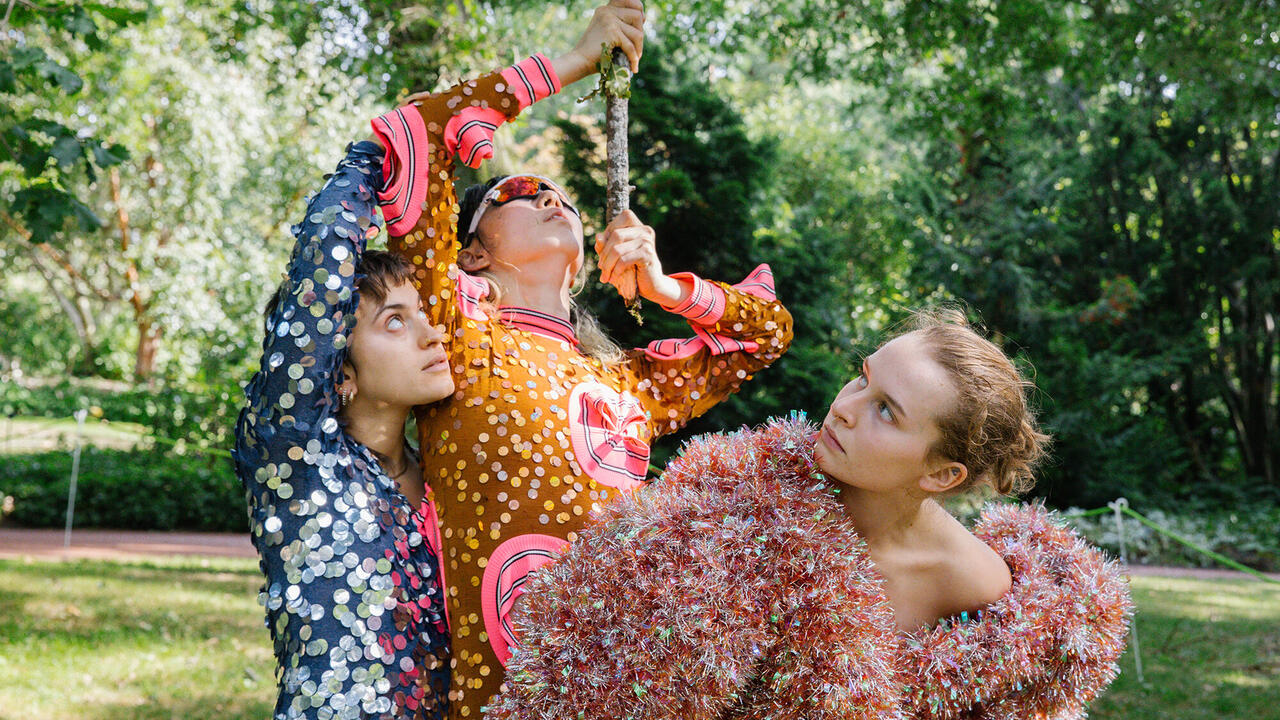The Intensity and Integrity of Ian White
‘I held (and hold) his ideas and ethics like a compass’
‘I held (and hold) his ideas and ethics like a compass’

A person of extremes – a ‘force’ as his collaborator and friend Every Ocean Hughes wrote – the late curator, writer and performer Ian White (1971–2013) had countless objects of total devotion: primarily lesser-known artists whose work he was enraptured by, who were diamonds to him and whom he protected and enlarged in equal measure. He was known for torrents of electric language: vivid and impassioned proclamations on art, cinema and performance. He could also deliver a sharp tongue-lashing. In saying something like, ‘Oh, he’s a Perfect Professional,’ he would pound out the alliteration and wring the words of all their absurdity and hypocrisy. His opinions were not orthodox; once, my friend, the filmmaker Matt Wolf, said he wanted to produce a webisode series called I HATE YOU!, featuring a regular rant by White about ‘an avant-garde luminary deemed untouchable by a consensus-based art world’. But the concept soon became a moot point. When White moved to Berlin and began more actively presenting his own performance work, his tenor became more subdued, with his hotter streaks often cooled into a knowingly raised eyebrow.
I held (and hold) his ideas and ethics like a compass. I met him when I was an intern at the Lux Centre, circa 1999, when he was head of the cinema. He gave the interns his greatest deference, as if our skills and knowledge far surpassed those of the senior staff. This was also how he – and I – met the critic Mike Sperlinger, who interned there at the same time. (Later, Sperlinger would become head of distribution at Lux Centre and editor of White’s 2016 collection of selected writings, Here Is Information. Mobilise.) Yet, even with White’s encouragement, I often found myself quiet around him, preferring to listen. I was uncertain how I’d made it into his intimate circle. Whatever the reason: I didn’t want to fuck it up.
I had left London by the time he met the artist James Richards. Richards was still an undergraduate at Chelsea School of Art and White, a teacher and mentor to so many artists, helped him finish his graduate work. In college, Richards had made lots of ‘sketches’ – fragments of video and audio – and White encouraged him to assemble them all into a compilation, to ‘curate from his own archive’: an idea that led to Richards’s Untitled (Cinema Programme) (2006). I remember hearing White’s rapturous descriptions of Richards’s projects, and wondering if it was because some of his core ideas had found a correspondence there. So much of White’s work – as a curator and artist – focused on how cinema could be cast as a space of liveness, of action, of embodiment. So many of Richards’s videos radically recontextualize found imagery to make them feel alive. Untitled (Cinema Programme) sutures shots of the body in ecstatic modes of pain, surrender and breakdown into an undulating stream that captures the full-body feel of contemporary media drift. Its attention to materiality builds elation, boredom and violence into its form. When I met Richards years later, White’s torrents of praise thrummed radiantly around him, as they do, for me, with all those that White loved, argued for and propelled. They are permanently irradiated. White was a role model for his intensity and integrity – for his capacity to turn rage and rapture into tools that set ideas and art in motion. I miss him.









